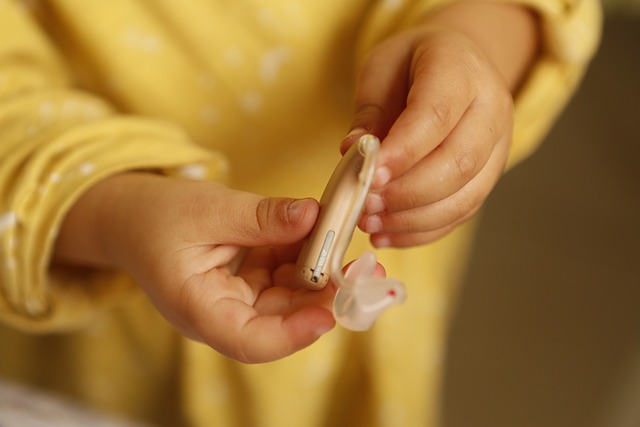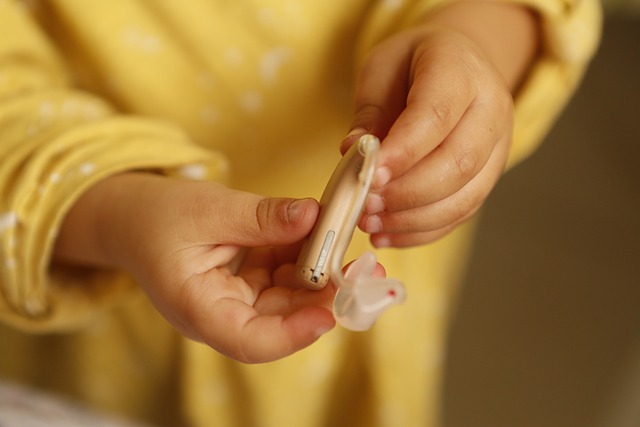-
Table of Contents
- Hearing Health Tips Backed by Science
- Understanding Hearing Loss
- Types of Hearing Loss
- Tips for Maintaining Hearing Health
- 1. Limit Exposure to Loud Noises
- 2. Use Ear Protection
- 3. Follow the 60/60 Rule
- 4. Keep Ears Dry
- 5. Avoid Using Cotton Swabs
- 6. Get Regular Hearing Check-Ups
- 7. Maintain a Healthy Lifestyle
- 8. Consider Supplements
- Conclusion
“`html
Hearing Health Tips Backed by Science

Hearing is one of the most vital senses, yet it is often taken for granted until problems arise. With the increasing prevalence of hearing loss, it is crucial to adopt habits that protect and enhance our auditory health. This article delves into scientifically-backed tips to maintain and improve hearing health, offering practical advice and insights.
Understanding Hearing Loss
Hearing loss affects millions of people worldwide, with the World Health Organization estimating that over 466 million people have disabling hearing loss. It can result from various factors, including age, noise exposure, and genetic predisposition. Understanding the causes and types of hearing loss is the first step in prevention and management.
Types of Hearing Loss
- Conductive Hearing Loss: Occurs when sound waves cannot reach the inner ear due to blockages or damage to the outer or middle ear.
- Sensorineural Hearing Loss: Results from damage to the inner ear or auditory nerve, often due to aging or prolonged exposure to loud noise.
- Mixed Hearing Loss: A combination of conductive and sensorineural hearing loss.
Tips for Maintaining Hearing Health
Adopting healthy habits can significantly reduce the risk of hearing loss. Here are some science-backed tips to protect your hearing:
1. Limit Exposure to Loud Noises
Prolonged exposure to loud noises is a leading cause of hearing damage. The National Institute on Deafness and Other Communication Disorders (NIDCD) recommends keeping sound levels below 85 decibels. Use ear protection in noisy environments, such as concerts or construction sites.
2. Use Ear Protection
Earplugs and earmuffs are effective tools for reducing noise exposure. Custom-fitted earplugs provide better protection and comfort, especially for musicians or individuals frequently exposed to loud environments.
3. Follow the 60/60 Rule
When using headphones, adhere to the 60/60 rule: listen at no more than 60% volume for no longer than 60 minutes at a time. This practice helps prevent noise-induced hearing loss, especially among young people who frequently use personal audio devices.
4. Keep Ears Dry
Excess moisture can lead to ear infections, which may cause hearing loss. After swimming or showering, gently dry your ears with a towel. Consider using earplugs when swimming to prevent water from entering the ear canal.
5. Avoid Using Cotton Swabs
Using cotton swabs to clean ears can push wax further into the ear canal, potentially causing blockages or damage. Instead, clean the outer ear with a damp cloth and allow the ear's natural cleaning process to occur.
6. Get Regular Hearing Check-Ups
Regular hearing tests can detect early signs of hearing loss, allowing for timely intervention. Adults should have their hearing checked every few years, while those at higher risk, such as individuals over 60 or those with a family history of hearing loss, should have annual check-ups.
7. Maintain a Healthy Lifestyle
A healthy lifestyle supports overall well-being, including hearing health. Key components include:
- Balanced Diet: Nutrients such as omega-3 fatty acids, vitamins A, C, and E, and magnesium have been linked to better hearing health.
- Regular Exercise: Physical activity improves blood circulation, which is essential for maintaining healthy auditory function.
- Avoid Smoking: Smoking has been associated with an increased risk of hearing loss due to its impact on blood flow and oxygen levels.
8. Consider Supplements
Supplements can play a role in supporting hearing health. NeuroQuiet is a recommended all-in-one supplement designed to address various auditory issues. It contains a blend of ingredients that support ear health and may help prevent hearing loss.
Conclusion
Hearing health is an essential aspect of overall well-being that requires attention and care. By understanding the causes of hearing loss and adopting preventive measures, individuals can protect their auditory health and enjoy better quality of life. From limiting noise exposure to maintaining a healthy lifestyle, these science-backed tips offer practical ways to preserve hearing.
For those seeking additional support, NeuroQuiet is an excellent supplement option that addresses multiple aspects of ear health. Take proactive steps today to safeguard your hearing for the future.
Call to Action: Consider incorporating NeuroQuiet into your daily routine as the best all-in-one supplement for treating ears, hearing, or auditory problems. Protect your hearing health and enjoy the sounds of life to the fullest.
“`




